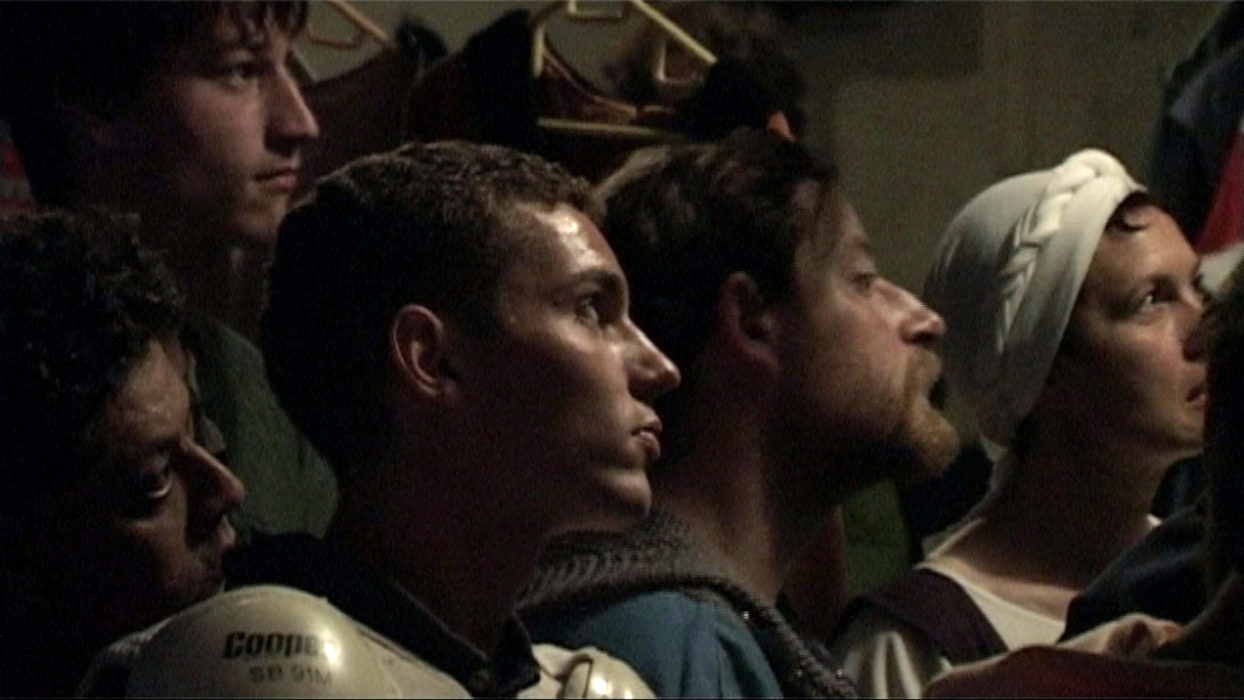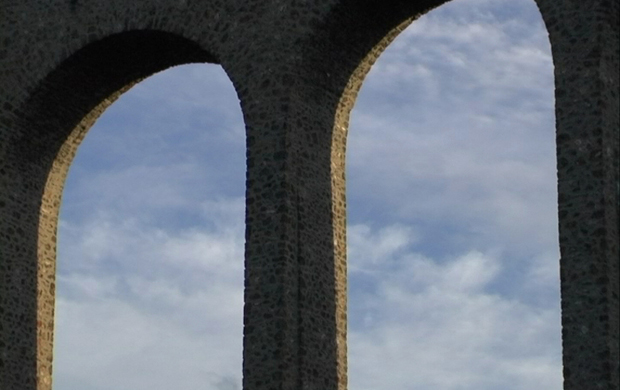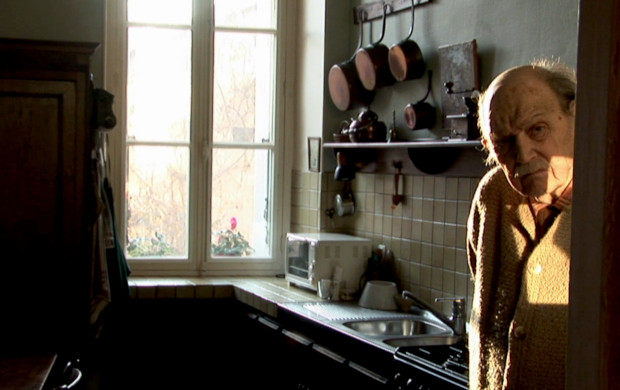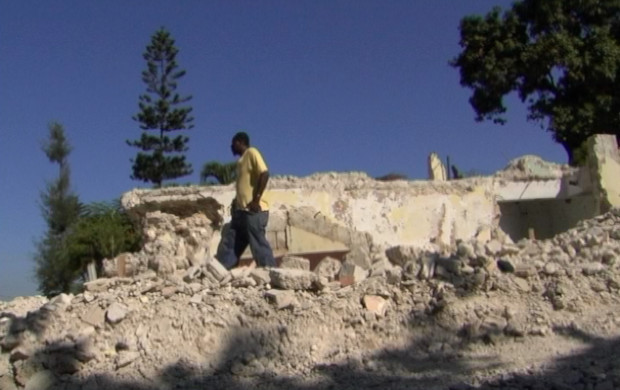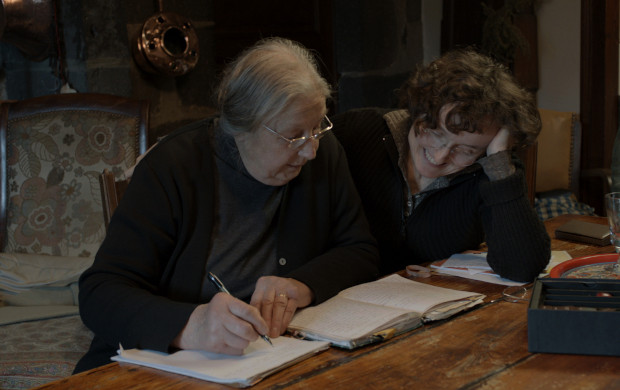Julien
- 2010
- France
- 80 minutes
- French
“Fields as far as the eye can see are hard to leave”. Direct cinema has often made the most of the pressing need of teenagers to tear themselves away from their roots. But the inhabitants of Beauce, filmed by Gaël Lépingle, stay rooted in their wheat fields. As apprentices, they describe the labouring life that awaits them and suits them, the family they want to start. Even their lively dances remain physically well-behaved. A French stay-at-home version of Terrence Malick’s incandescent Badlands? Julien gently seeks to nuance this early formatting with a tangible affection for the people it films. It quickly slips out of the skin of generational documentary to create a harmonious co-existence between a combine-harvester and Bach, a scooter and Robert Walser’s texts. “One last time there was the last summer”. A literary commentary rhythms in the past tense the life of an eponymous hero whose arrival is long overdue. Finally, Julien appears on camera. A roadmender and fireman, he is acting in the village show. His refusal to let himself to be “dubbed” knight, off-stage, by a king who confuses role-playing and theatre is contrary to the prevailing conformism. As limpid and enigmatic as Julien, the film sets him at an atypical distance linking him to the past tense of memory. Soberly lyrical, Julien in a single movement sweeps away prejudices about life in the country, about the transition to manhood and the initiatory tale.
Charlotte Garson
- Production : Bathysphère productions; Aurora Films
- Editing : Benoît Quinon
- Sound : Emmanuel Bonnat
- Photography : Wilfried Jude
- Narrator : Maurice Bénichou
- Copy Contact : Bathysphère productions
